
Yu-Gi-Oh! Early Days Collection (NS) - Review
by Evan Norris , posted on 03 March 2025 / 2,651 ViewsThe Yu-Gi-Oh! trading card game is a big deal. Alongside Pokémon and Magic: The Gathering, it’s one of the three biggest collectible card games in the world, having sold approximately 35 million cards as of early 2021. Naturally, a lot of video games have popped up to support and enhance the enormous franchise, most of them based on the rules and mechanics of the card game, others based on the original Yu-Gi-Oh! manga. In order to celebrate and preserve the earliest of those video games, many of which had never been translated officially into English before now, publisher Konami and developer Digital Eclipse have released Yu-Gi-Oh! Early Days Collection, a compilation of 14 titles from the Game Boy, Game Boy Color, and Game Boy Advance.
14 games is a lot, so there's quite a bit to unpack here. Let's start with the Game Boy and Game Boy Color entries, some of which predate or ignore the rules of the card game. The first two are Yu-Gi-Oh! Duel Monsters (GB, 1998) and Yu-Gi-Oh! Duel Monsters II: Dark Duel Stories (GBC, 1999). While these games aren't the best in the compilation — in fact they're among the most disposable from a quality perspective — they help set the stage for future entries. You'll use a deck of 40 cards in one-to-one turn-based battles against NPCs from the Yu-Gi-Oh! universe. You must defeat each character five times to advance to the next stage, and every win/draw earns you a new card. Each battle has the same flow: the player draws a card; the player places one card from their hand on the field, either in attack or defense formation; the player attacks and/or ends their turn. The opposing player does the same, and the process repeats itself until one player's hit points reach zero.
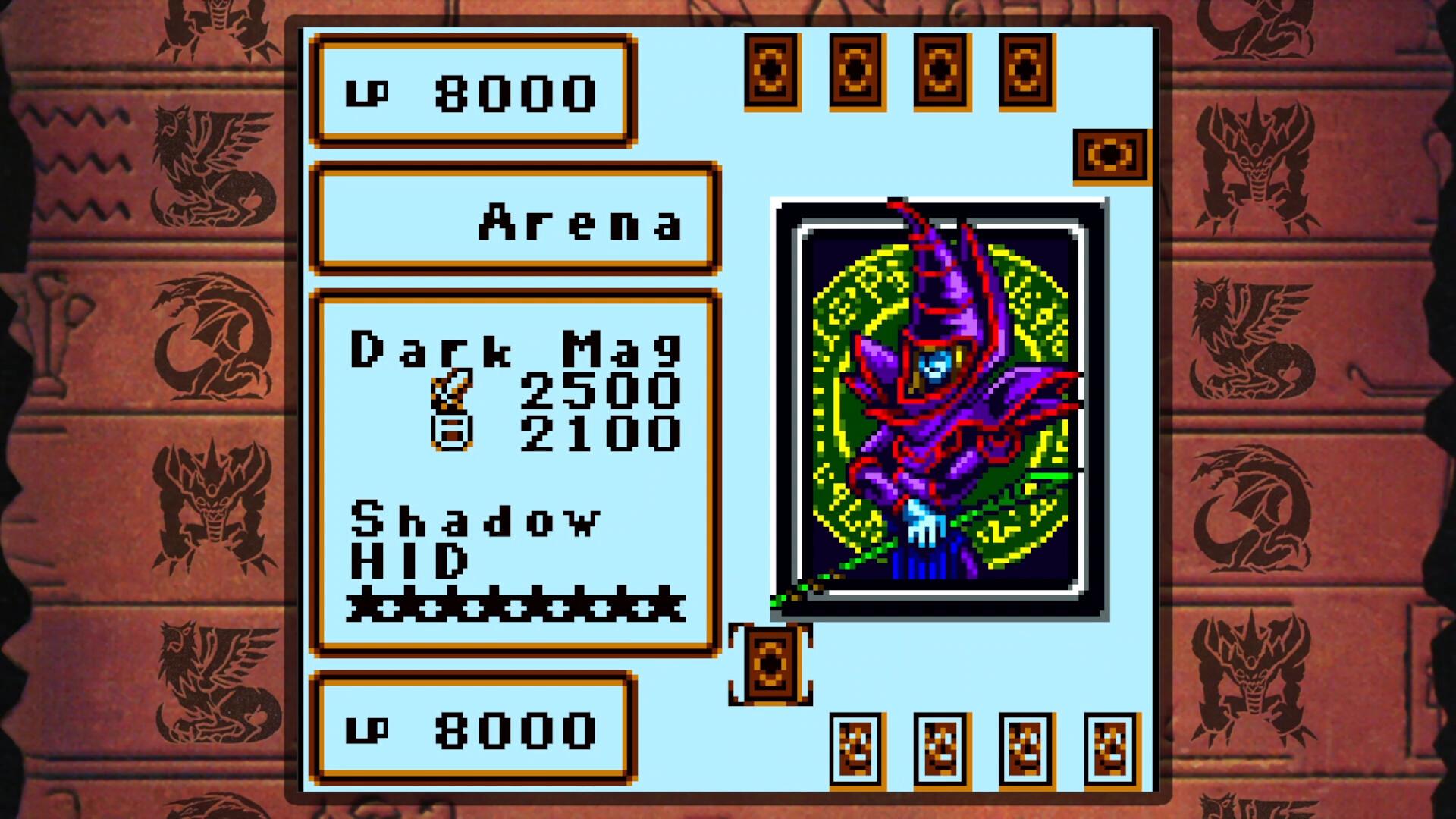
These first two games are lackluster for a few reasons. The process of editing/building a deck is clumsy; the "campaign" is just a series of battles against the CPU; the rules can be cryptic at times; and the moment-to-moment gameplay is painfully slow. These issues also affect Dark Duel Stories (GBC, 2000) and Duel Monsters 4: Battle of Great Duelists (GBC, 2000), which comes in three variants: Yugi Deck, Kaiba Deck, and Joey Deck. However, Dark Duel Stories, the first game in the series released in English, adds an extra wrinkle with an interesting construction mechanic, where you can create original monster cards by combining top and bottom half-card parts, allowing for over 10,000 different combinations. Still, all these games feel like variations on a theme.
Things change for the better with The Eternal Duelist Soul (GBA, 2001). While this game still suffers from a campaign that's essentially a series of battles against the CPU without much narrative tissue, its UI is much-improved, allowing for quicker, more intuitive battles and easier card curation. Indeed, despite future games improving on other structural elements, the core battling mechanics here are arguably the best among the entire collection. I often found myself coming back to this one as a result.
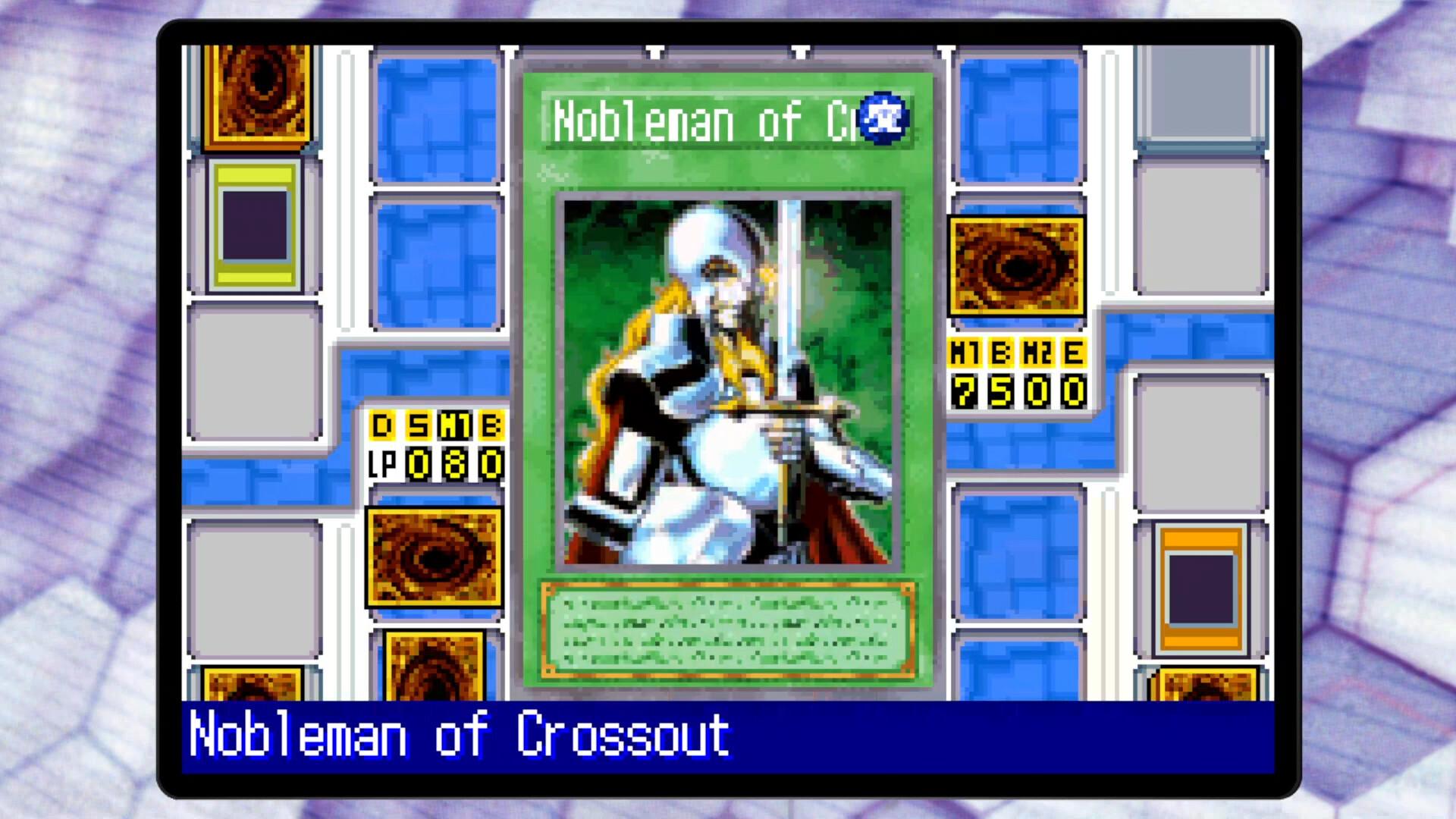
Those mechanics are reused in arguably the best game in the compilation: Worldwide Edition: Stairway to the Destined Duel (GBA, 2003), which is the international version of Duel Monsters 6: Expert 2 (GBA, 2001), also included in the collection. By copying the superior UI of The Eternal Duelist Soul and tacking on a much-needed world-building component, it demonstrates how engaging the Yu-Gi-Oh! video game series can be. You'll move across the "Battle City" map, chatting up NPCs, dueling characters from the anime and manga, and triggering important events based on the day of the week. For example, every Monday a copy of the Duelist Weekly magazine arrives with a Special Pack of five cards. And every Saturday, Duel Tournaments are held in one of the areas of the map.
World-building and storytelling are big parts of two other GBA games in the collection: The Sacred Cards (GBA, 2002) and Reshef of Destruction (GBA, 2003). In fact, both titles have a somewhat superficial similarity to the early Pokémon games, as you control a duelist who explores the city on foot from a top-down perspective, looking for other card collectors to challenge. In The Sacred Cards, you, along with friends Yugi Muto and Joey Wheeler, participate in a city-wide tournament, in which you must obtain six "locator cards". Reshef of Destruction ups the ante with a deeper, darker storyline and additional locations, although it goes too far with difficulty. It's perhaps the most taxing game in all of the Early Days Collection.
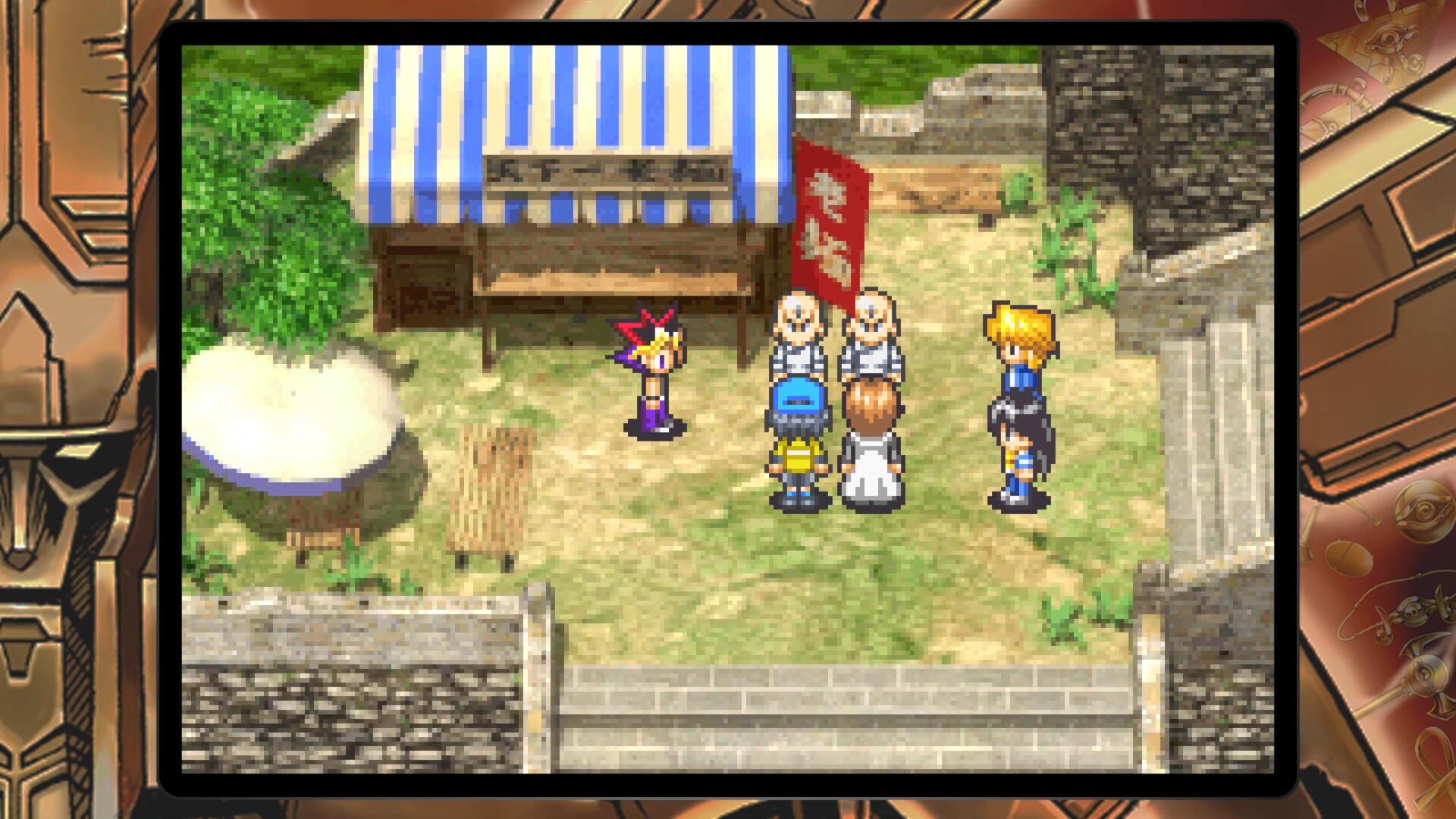
Where The Sacred Cards and Reshef of Destruction veered into role-playing territory and made the single-player adventure more engaging, World Championship Tournament 2004 (GBA, 2004) feels like a step back. It's quite similar to The Eternal Duelist Soul, which is ideal for moment-to-moment card battling mechanics, but not for anything else. Fortunately, its sequel, 7 Trials to Glory: World Championship Tournament 2005 (GBA, 2004), ditches the old-school campaign mode and reverts back to the top-down, free-roaming story mode. You can visit several locations, buy booster card packs in the shop, and experience different events and banned cards based on the day of the week.
In addition to all these card-collecting video games, the Early Days Collection boasts a few oddities with very different expectations: Monster Capsule (GBC, 2000), which is a sort of turn-based strategy game; Dungeon Dice Monsters (GBA, 2001), a dice-based tactics game; and Destiny Board Traveler (GBA, 2004), a board game that leverages the rules of the card game. None of the three are essential, but they're interesting diversions from the core series.
In Monster Capsule, you deploy your monsters on a 6x6 grid composed of various terrains, including mountain and forest. On your turn you roll two 10-sided dice, to determine the success or failure of an attack. It's not bad. In Dungeon Dice Monsters, you throw dice inscribed with a variety of crests and literally build a dungeon on the field of play with the dice; they unfurl into six squares and create a passable surface. The rules and strategies are dense and overwhelming, but there are some intriguing ideas and striking animations. Then there's Destiny Board Traveler, the weakest of the three. Ultimately it's too slow, too tedious, and too abstruse.
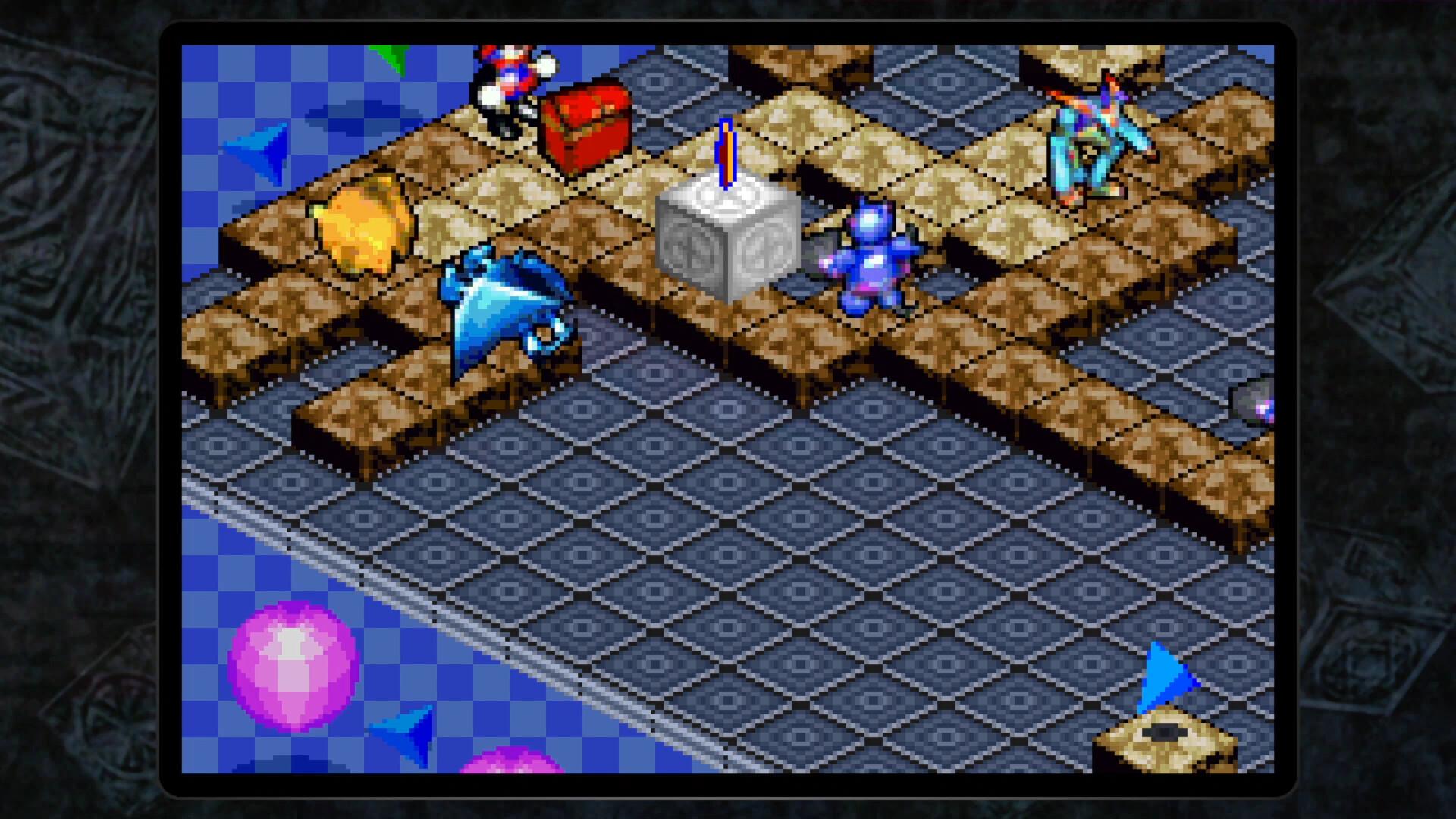
Abstruse is an adjective you could apply to most games in the Early Days Collection, actually. Many contemporary reviews of the games complained about the lack of tutorials, and those complaints remain relevant two decades later. It's often difficult to grasp exactly what's going on, in terms of card varieties, elemental types, and fusion & summon rules — at least at first. Gratefully, Digital Eclipse included scanned manuals for each game in the collection, which walk you through the deck editing and card battling processes. Still, a hand-holding tutorial or how-to section would work wonders, especially to acclimate newcomers.
In addition to manuals, Digital Eclipse provided mappable controls; several screen, filter, and border options; rewind functionality; and save states. Weirdly, each game only gets a single save file, which seems restrictive. The developer also provided several regional versions for each game — minus Duel Monsters 6: Expert 2 — and multiple optional enhancements, which allow players to unlock restricted cards, maximum deck capacity, infinite star chips, unlimited money, etc.
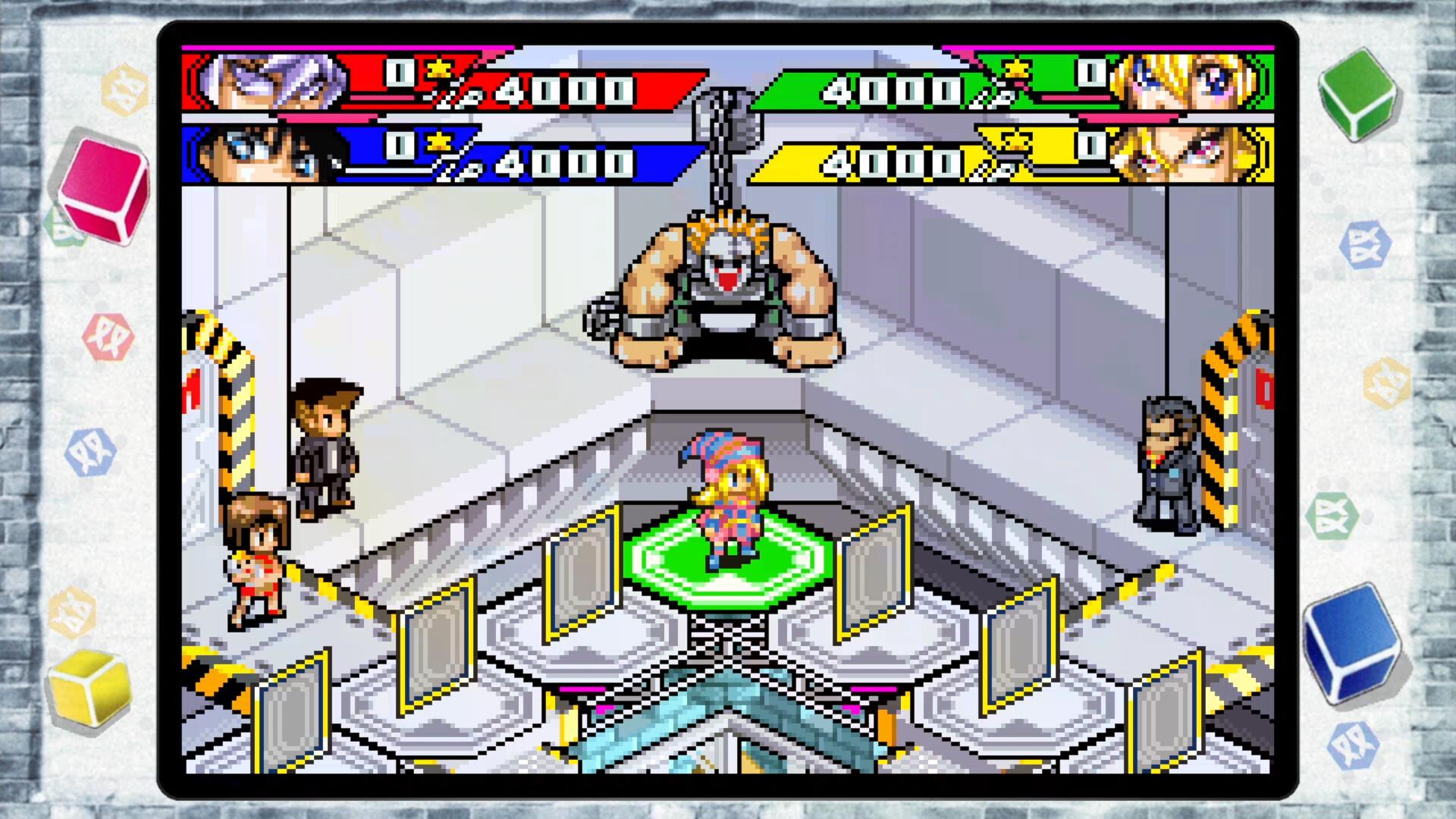
What Digital Eclipse didn't provide is local and online multiplayer, which seriously hampers the collection. Competitive multiplayer and card trading are major parts of the Yu-Gi-Oh! experience; yet only a single game in the Early Days Collection — Duel Monsters 4 — can be played online. If you attempt to open a versus or trade menu in any other game, you'll be met with the following: "This game feature is not supported in this collection." It's a real shame.
Note: Konami pledges that, after release, other titles will be updated to support online play.
As a preservation effort, the Early Days Collection deserves a big round of applause. It assembles in one place 14 early Yu-Gi-Oh! titles, including a handful of obscure games and several franchise installments previously exclusive to Japan. Judged on its software and features, however, it's less impressive. While there are some highlights — The Eternal Duelist Soul, Stairway to the Destined Duel, and World Championship Tournament 2005 among them — many of the games are too archaic and/or cryptic to enjoy. Furthermore, most of the multiplayer functionality has been stripped away. Ultimately, the compilation is best suited for collectors, historians, and older Yu-Gi-Oh! fans interested in reliving fond memories of their own early days.
This review is based on a digital copy of Yu-Gi-Oh! Early Days Collection for the NS, provided by the publisher.
More Articles
I was very into the Yu Gi Oh card game in my teens and early twenties. Still have a box with a few decks. Only got into one of the games released on DS. Thought to use it mostly as a way to test deck that I later would use in real life - but it took so freaking long to unluck the cards needed and by the sound of it the game boy games was not better in that regard.








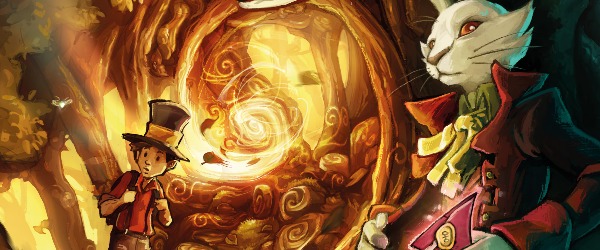
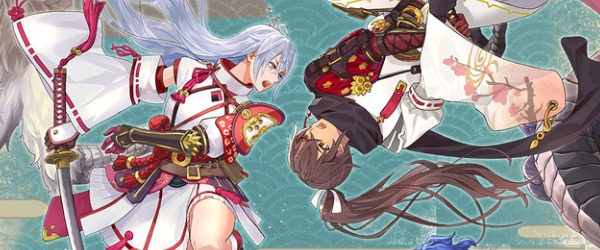
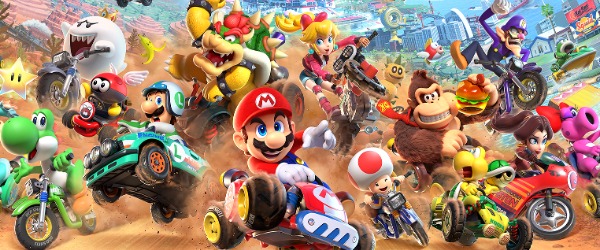
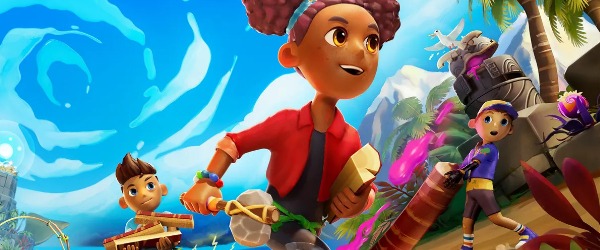










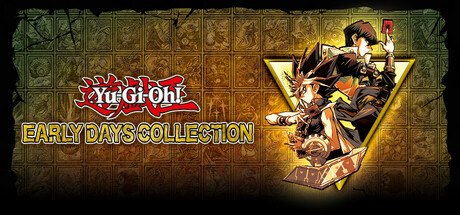



 Essay Pro
Essay Pro